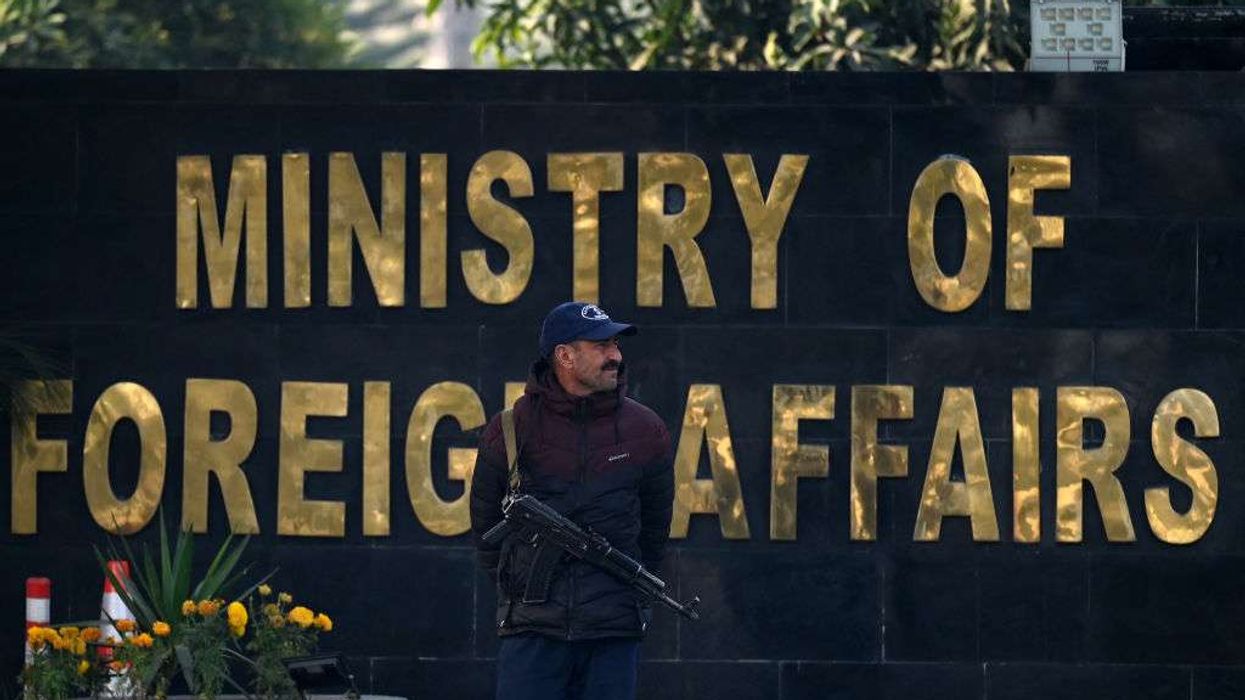A review commissioned by Rishi Sunak government has concluded that the post-study visa route, dominated by Indian graduates, is helping the universities make up for financial losses on the domestic front and expanding the country’s research landscape.
Home Secretary James Cleverly had tasked the independent Migration Advisory Committee (MAC), consisting of five university professors and a Home Office representative, to undertake a rapid review of Graduate Route visa, introduced in 2021, that allows international students to stay on for up to two years after their degree to look for work and gain work experience.
The MAC found there was no evidence of widespread abuse specifically for the graduate route.
After releasing the report on Tuesday, the committee MAC Chair, Professor Brian Bell, said, “Our review recommends the Graduate Route should remain as it is and is not undermining the quality and integrity of the UK’s higher education system.”
The review found that Indian students lead the pack in this visa category, accounting for 89,200 visas between 2021 and 2023 or 42 per cent of the overall grants, and the visa was stated as the “overwhelming decision point” for their choice of a higher education destination.
“The Graduate Route is a key part of the offer that we make to international students to come and study in the UK. The fees these students pay help the universities cover the losses they make in teaching British students and doing research. Without those students, many universities would need to shrink and less research would be done,” he added.
Bell’s review goes on to highlight the “complex interaction” between the immigration policy and higher education policy as it tables a series of recommendations for the government including a mandatory registration system for international recruitment agents whose “poor practices” may be mis-selling UK higher education and better data collection as well as making it a requirement for universities to confirm the course outcome for the international students they enroll.
“The Graduate Route is not undermining the integrity of and quality of the UK higher education system. Under the current funding models for higher education across the UK, the Graduate Route is helping the universities to expand the range of courses offered while making up for financial losses on domestic students and research and is supporting the government’s International Education Strategy,” the review concludes.
“It has also contributed to diversifying the range of universities, and thus domestic students, that benefit from the financial contribution international students make. However, the potential poor practice by some agents recruiting international students does risk undermining the integrity of higher education in the UK, as set out in the abuse section,” it notes.
Among the other findings of the ‘Rapid Review of the Graduate Route’ report, the majority of those on the visa route completed postgraduate taught courses, and the growth in numbers comes largely from the second-tier institutions, or UK universities outside the Russell Group, which account for 66 per cent of all Graduate Route visas.
The age profile of those on the Graduate Route involved those aged over 25 increasing by approximately 15 percentage points to 54 per cent latest. However, this is likely to be affected by the Home Office’s recent crackdown on international students being able to sponsor family dependents on their visas.
The MAC also found that Graduate Route visa holders are initially over represented in lower-paid work with their outcomes, including wages improving over time as they move on to Skilled Worker visas.
The review was commissioned to examine evidence of any abuse of the route, demographics and trends for students accessing a study visa and subsequently entering the UK labour market, what individuals do during and after their time on the Graduate Route.
A spokesman for Sunak said the government would consider the report and respond. But the spokesman highlighted concerns about the scheme, pointing out that more than 40 per cent of international students using the route were either not working or earning below £15,000 a year after graduation.
With immigration, both legal and illegal a priority issue ahead of a general election expected later this year, the government said it wanted to ensure those utilising this visa route contributed to the UK economy.
UK-based Indian student groups, who gave evidence to the MAC review, had feared an unfair crackdown on this post-study offer that is seen as crucial to students from India choosing the UK universities over other destinations like Australia, Canada or New Zealand.
The government usually takes the MAC’s conclusions on board when deciding on migration policy, but diaspora groups fear the UK’s post-study offer may yet face some restrictions.
NISAU hails decision
Welcoming MAC's review, National Indian Students and Alumni Union (NISAU) chair Sanam Arora said, "We are delighted that the MAC has accepted our and the sector’s recommendation to retain the graduate route. We are also pleased that our concerns around the potential mis-selling of education by unscrupulous agents has been considered, and corrective recommendations have been made."
Vignesh Karthik, Head of Thought Leadership of NISAU, said, “The uncertainty caused by the review has been chaotic. We urge the government to accept the MAC’s findings and ensure the graduate route remains a stable and permanent fixture in the UK’s immigration system."
Universities UK, which represents more than 140 institutions, welcomed the MAC findings and urged the government to confirm the visa would stay, BBC reports.
Its chief executive, Vivienne Stern, said the recent move barring international students from bringing their family members already had a "significant effect". "Going further would be a serious mistake," Stern added.
Jenrick opposes report
Former immigration minister Robert Jenrick, who has been a vocal critic of graduate visas, reiterated his stand that they should be scrapped.
Reacting to the MAC review, he said its conclusions were "constrained by the narrow terms of reference deliberately set by the government" to back up their International Education Strategy that includes the "arbitrary target" of attracting 600,000 foreign students a year, Sky News reports.
He felt the graduate route was a backdoor for foreign students to do low-wage work and did not attract top talent.


















